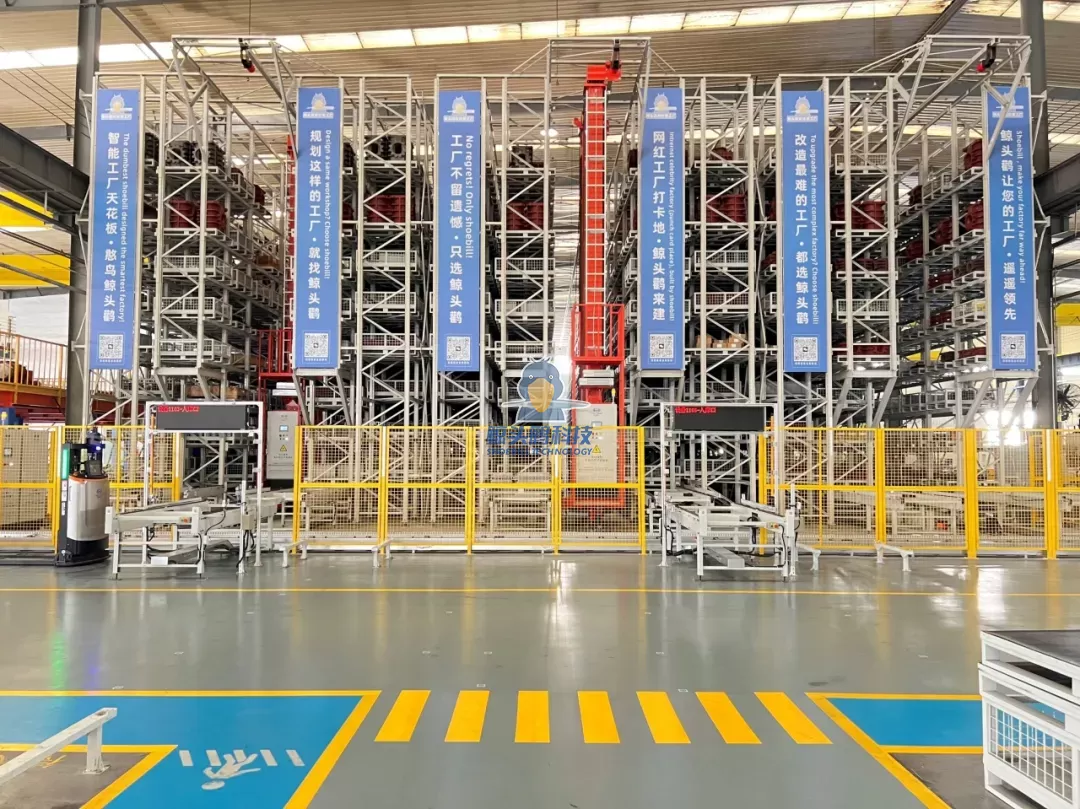
As the world becomes increasingly specialized, industry expertise has become a valuable asset in the job market. However, like any other skill, it comes with its own set of advantages and disadvantages. In this article, we will explore the pros and cons of industry expertise and how it can impact your career.
Advantages:
- Competitive Advantage: Having industry expertise gives you a competitive edge over others in the job market. Employers are always on the lookout for candidates who have a deep understanding of their industry and can bring fresh ideas to the table.
- Higher Earning Potential: Industry experts are in high demand and can command higher salaries than their peers. This is because they possess specialized knowledge and skills that are valuable to employers.
- Career Growth: Industry expertise can open up new career opportunities and help you climb the corporate ladder faster. It can also help you transition into different roles within the same industry.
- Increased Credibility: Being an industry expert can enhance your professional reputation and credibility. It can also lead to speaking engagements, media interviews, and other opportunities to showcase your knowledge and expertise.
Disadvantages:
- Narrow Focus: Industry expertise can sometimes lead to a narrow focus, making it difficult to see the bigger picture. This can limit your ability to think creatively and come up with innovative solutions.
- Limited Job Opportunities: Industry expertise can be a double-edged sword. While it can open up new career opportunities, it can also limit your job prospects outside your industry.
- Risk of Obsolescence: In rapidly changing industries, industry expertise can quickly become outdated. This can make it difficult to stay relevant and competitive in the job market.
- Difficulty in Learning New Skills: Industry experts may find it challenging to learn new skills outside their area of expertise. This can limit their ability to adapt to new roles or industries.
Conclusion:
Industry expertise can be a valuable asset in today's job market, but it also comes with its own set of advantages and disadvantages. It is important to weigh these factors carefully before deciding to specialize in a particular industry. Ultimately, the key to success is to strike a balance between industry expertise and a broad-based skill set that allows you to adapt to changing circumstances and stay relevant in the job market.






